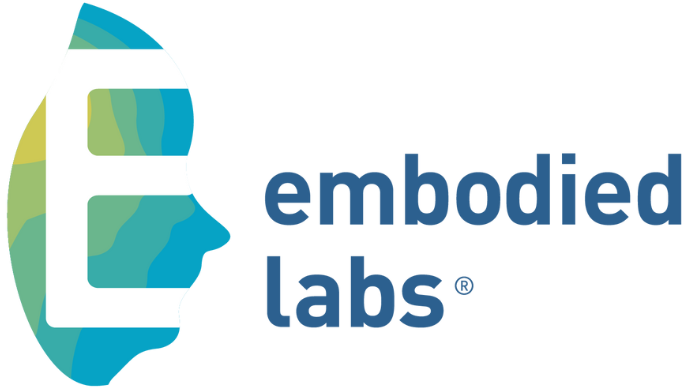Academic institutions teaching the next generation of medical professionals know that their students will enter a challenging work environment. Training is critical for empowering students with the resilience, empathy, and practical skills they need to succeed.
Vanderbilt University’s School of Nursing partnership with Embodied Labs offers an innovative approach to creating a training model that goes beyond the traditional classroom, offering students immersive virtual reality (VR) experiences that bring patient perspectives to life. In this free case study, you'll learn:
- How Embodied Labs immersive learning programs supported student education and knowledge retention.
- Detailed impacts of specific Labs on student experience.
- How Embodied Labs VR and immersive learning integrates into existing curriculum.
Bringing Patient Experiences to the Classroom
One of the biggest challenges in healthcare training is helping students truly understand what patients go through. That’s where Embodied Labs steps in. Vanderbilt’s students use VR modules to “become” patients with conditions like Alzheimer's or sensory impairments associated with aging. In the Beatriz lab, students experience daily life as an older adult experiencing progressive Alzheimer's. These firsthand experiences help students connect deeply with patients’ frustrations, building a level of empathy that textbooks simply can’t deliver.
Improving Learning Retention and Engagement
It’s one thing to know about a condition and another to feel what it’s like to live with it. By allowing students to walk in their patients’ shoes, Embodied Labs boosts retention of critical concepts, with higher engagement rates that foster empathy. Engaging VR scenarios create emotionally connected, memorable learning moments, helping students better grasp complex topics.
This shift from passive to active learning supports Vanderbilt’s vision of preparing resilient, compassionate, well-rounded healthcare professionals with improved assessment skills through experiential learning.
Aligning with Vanderbilt’s Goals for Transformative Education
For Vanderbilt, integrating VR is part of a broader commitment to creating meaningful, relevant learning experiences. Embodied Labs fits into this mission by helping students develop both the technical and interpersonal skills they’ll need in real-world patient care. The feedback speaks volumes: students consistently report that these labs make them more prepared to connect with patients on a human level.
Supporting Implementation and Integration
Embodied Labs is committed to making VR implementation seamless for academic institutions. We offer structured guidance, from initial setup to curriculum integration, to ensure institutions can leverage immersive training effectively and without unnecessary strain on resources. We also deliver dedicated onboarding support and customizable learning modules, so programs can tailor VR experiences to specific educational goals.
Additionally, our platform includes reporting tools that help educators track student engagement and learning progress, providing data-driven insights into program effectiveness. This hands-on support and flexibility in integration make it easier for institutions to adopt VR as part of their curriculum, equipping students with experiential learning while ensuring academic leaders have the resources to manage and measure the program’s impact.
For educational leaders seeking ways to modernize healthcare training, Vanderbilt’s success story with Embodied Labs offers valuable insights. VR is showing itself to be more than a tool – it’s a transformative approach to teaching that’s setting new standards in healthcare education.
Ready to learn more? Download the case study today!



